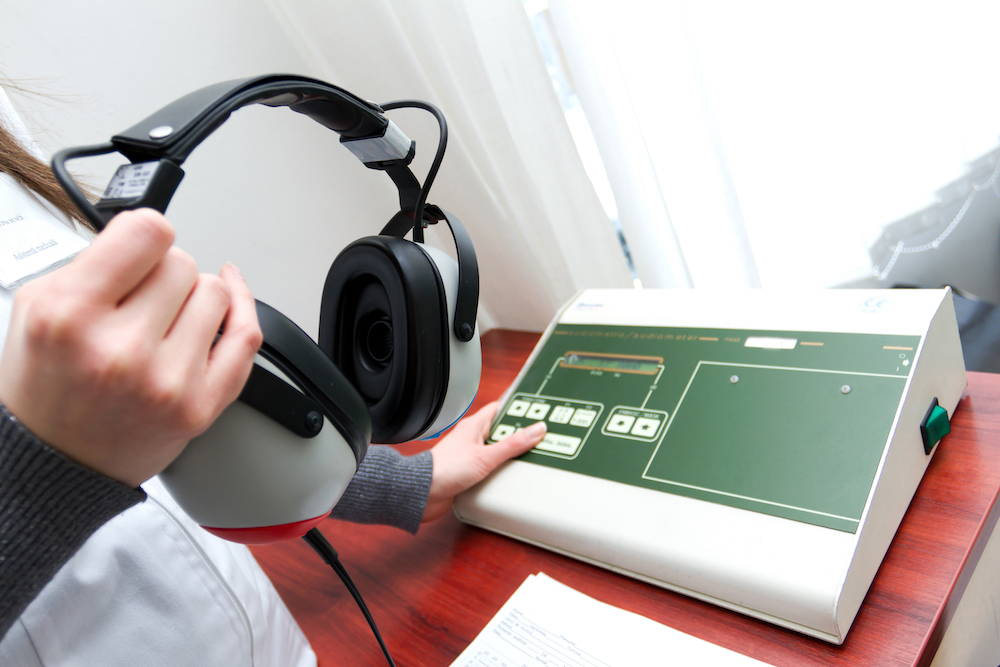Top Reasons to Trust an Audiologist with Your Hearing Health
Audiologists specialize in diagnosing and treating hearing-related issues


Audiologists specialize in diagnosing and treating hearing-related issues

A hearing test is something that offers the opportunity for you to speak

Do you think that you could have tinnitus? Some people think they might